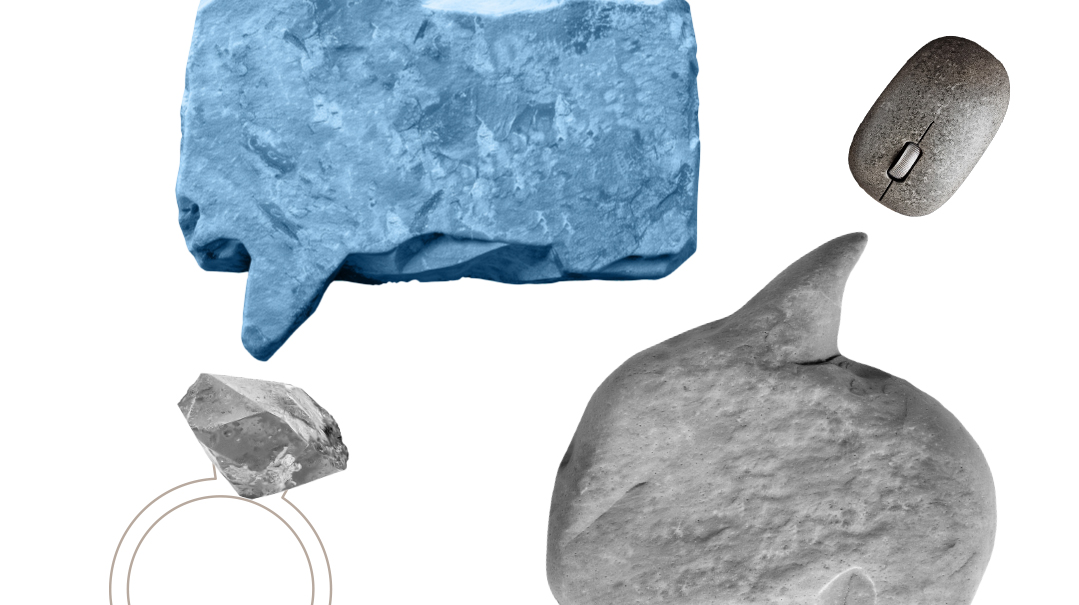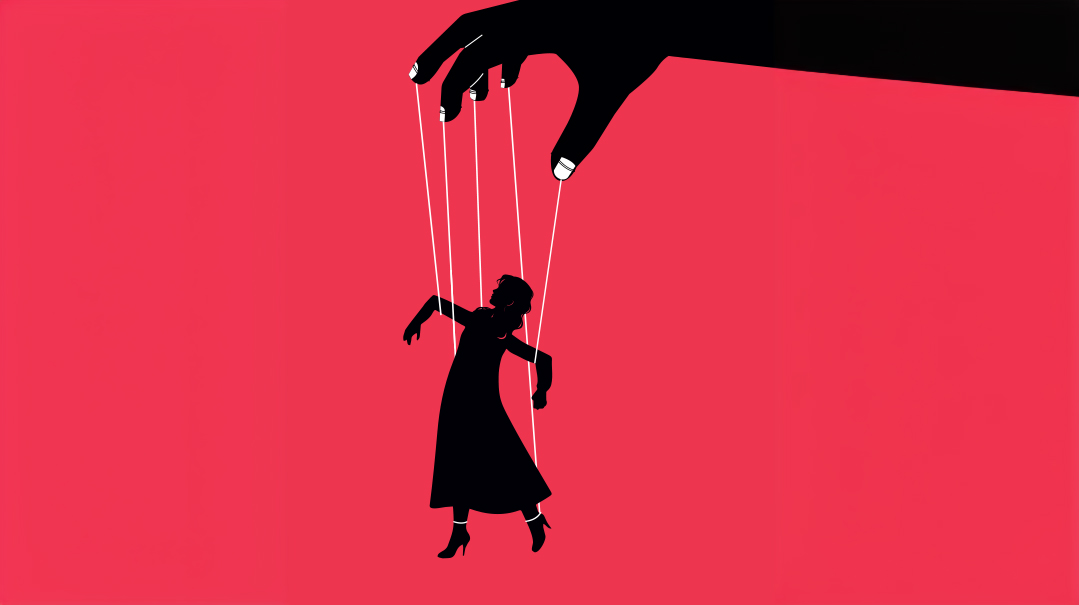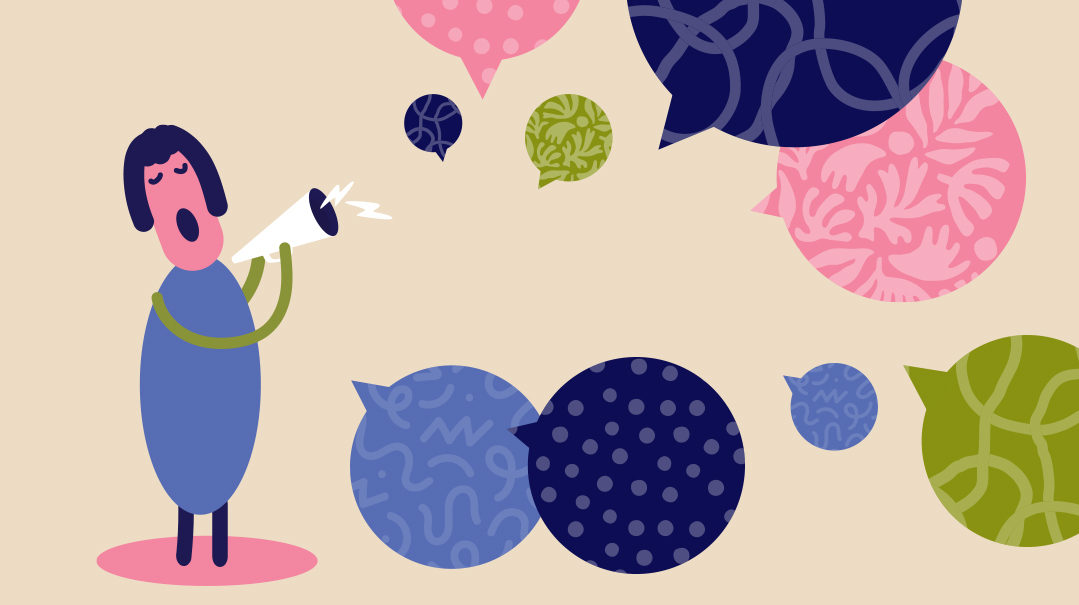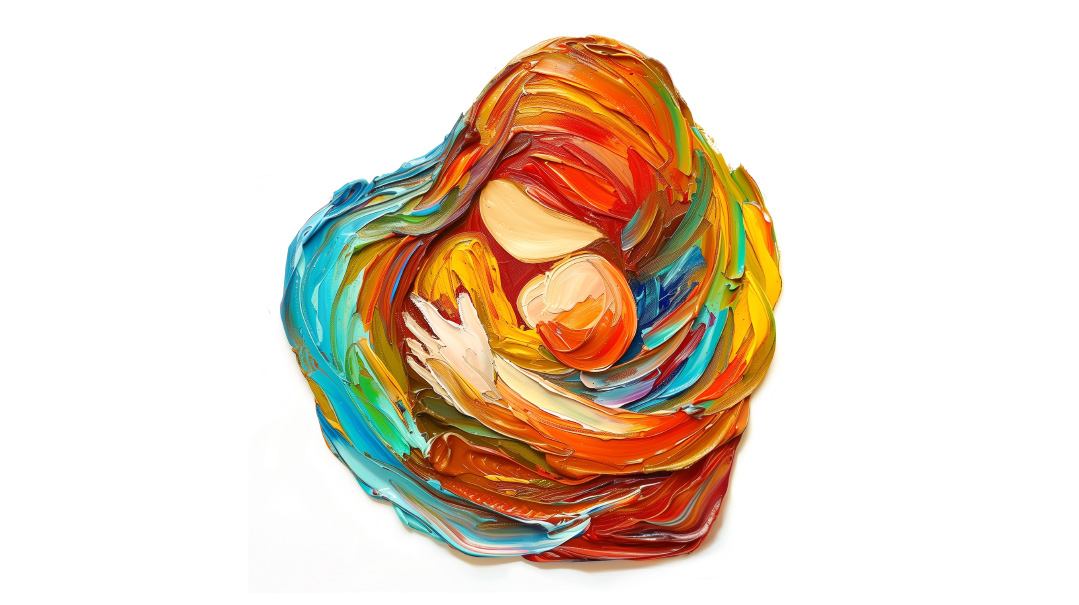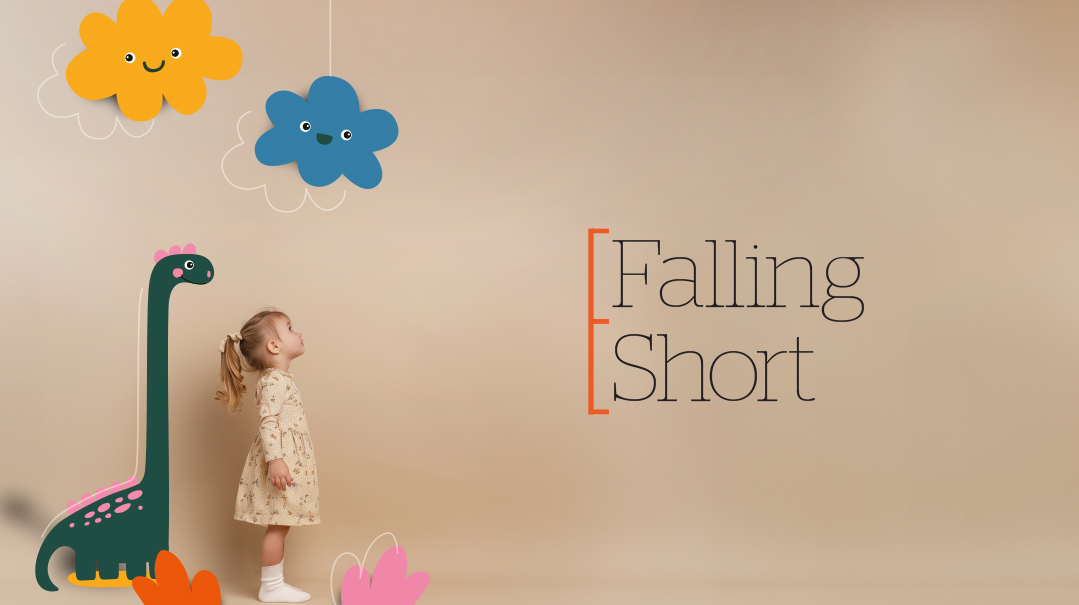Whatever the Weather
| May 6, 2020Weather affects about $3 trillion worth of business in the private sector in the US alone, and impacts mood, productivity, even jury decisions
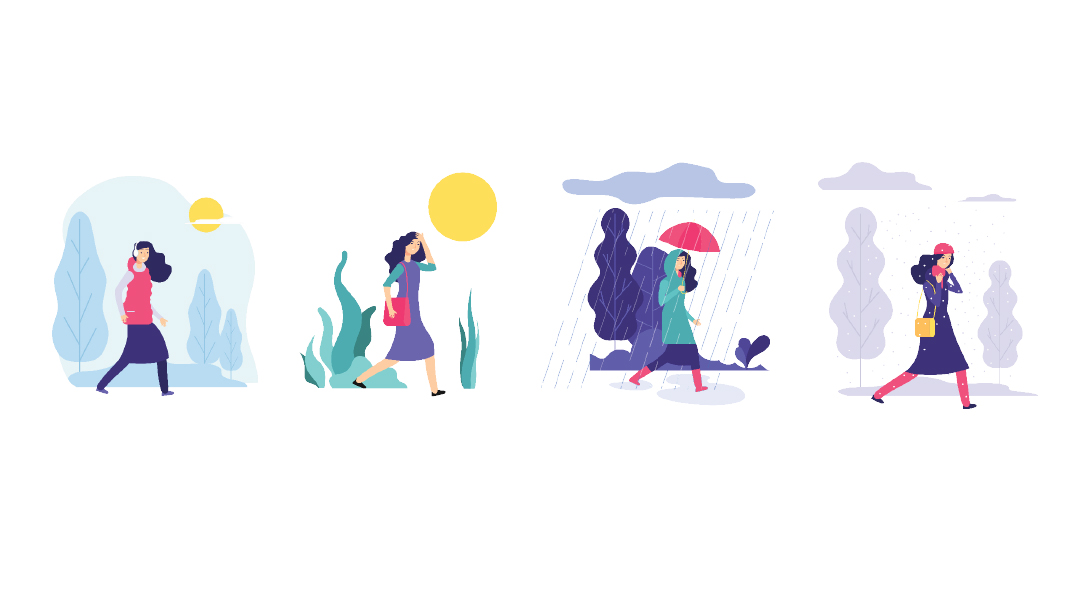
Clearly soups are going to sell better in the winter and sunscreen will be more popular in the summer, but there are other surprising items that fly off the shelves during specific seasons. Infant clothing sales increase dramatically in warmer weather (four percent for a one-degree increase in temperature) and mousetraps catch customers when it gets colder. During hotter temperature, both in-person and online sales get a boost — including non-weather related products.
Stores are well aware of these outside influences and use seasonal marketing to cater to that period’s popular items. Campbell Soup Co. uses a “misery index” that tracks when the weather takes a nasty turn in US cities and then cues up soup ads in those markets. Pantene’s weather-targeted display ads produced a 28 percent sales increase, and Starbucks uses email promos referencing current weather conditions to draw in customers.
Negative ads tend to get more attention on gloomy days ⸺ the idea that “misery loves company” applies here. Ever wonder why malls are generally too warm? Studies by Kyle B. Murray in 2010 show warm temperatures cause customers to feel “closer” to products, which increases their perception of the products’ value.
According to Tesco (the British version of Walmart), as soon as the weather turns colder hot cocoa and bird feed start flying off the shelves. Root-vegetable consumption increases, but salads are still a thing — especially on a Monday when we’re all feeling guilty about indulging over the weekend!
The personal “feels like” temperature also plays a role. In Glasgow, Scotland they’re still buying ice cream when it’s six degrees colder than the rest of the UK, as they’re accustomed to cooler temperatures year-round.
Rivky Isaacson, owner of House of Kosher gourmet market (HOK) in Northeast Philadelphia, says that in the winter, in addition to the expected hot coffee and teas, there’s also a spike in sales in Dunkin Hines mixes, marshmallows, fried chicken, pizza, and precut vegetables for soups.
Cool Your Brain
According to a study at the Harvard Business School, which looked at the productivity of a bank in Tokyo over the course of two years, employees processed loan applications, something which requires focus, more quickly on rainy days than on clear, sunny ones. They concluded that good weather leads to “cognitive distractions” and recommended the company move to a place with miserable weather!
The Dutch psychologist Evert Van de Vliert speculated that extremes are important: cold stress and heat stress promote creativity. Suggestion: instead of taking a snow day, convince your boss to let you off on a “low productivity day” when the weather is warm.
>More or Less<
-Haircuts > “In the winter, there’s a steady small stream of customers. In the summer it tends to fluctuate, going from super busy (before Pesach) to very quiet days (Sefirah). But overall there’s usually more business during the summer months.” Simi Benjamin, a barber at Mr. Clipper, Lakewood
-Public Transport > Increases in colder temperatures
-Anxiety > cold weather leads to spikes in anxiety
-Voting < rain=smaller turnout
-Diet < cold leads people to reach for carbs
-Empathy > ramps up in extreme weather as our shared suffering brings out our kindness. That said, if there have been several natural disasters, compassion fatigue may set in. (Study by Philip Brown and Jessica Minty)
Couch Potato
Finding the closest parking spot suddenly becomes vital when the sky is giving you a free shower… Going for a walk with hubby? Forget it!
“I think people don’t get out as much in the winter,” says Frani Pollack, LSW PhD, who runs a private practice at Bala Child & Family Associate and trains therapists at the University of Pennsylvania. “For people suffering from anxiety, depression, or relationship challenges, getting out is extremely important. But the weather keeps us all in and can add to already difficult habits like overeating, or a general sense of being a sloth and not coping.
“We naturally have a desire to hibernate in the winter… which may be fine. I know today I’m spending a chunk of time huddled on my sofa in front of the fire, drinking tea, and working. It feels needed and productive. We have to be aware of how seasons affect us and respond accordingly.”
Monster Migraines
Extreme weather changes, blinding sunshine, and pressure-changing storms can all cause migraines, according to the Mayo Clinic. A study published in the journal Headache found that weather can affect headaches and migraines, with some people sensitive to different types of weather changes. Knowing that your headaches or migraines might be caused by the weather can help you stay ahead of — and hopefully prevent — the pain.
The good news? After years of repurposing antidepressants or other meds, there are finally some new options — medications created specifically to target migraines. Ubrelvy is a new abortive (stop this pain now!) med and Aimovig and Emgality are some of the current preventative options available.
Temper Controls
Studies have found a relationship between high temperature and increased aggressive behavior. Similar patterns were found in France, Spain, and Italy, countries with large north to south variations. (The Psychology of Weather by Trevor Harley)
This has been attributed to the fact that when it’s cold, people are less likely to go out and engage in social interactions, and that unpleasantly hot conditions increase discomfort and thus irritability.
Road rage also increases in the heat. A researcher sat in her car at a particular junction, a single lane controlled by traffic lights, and when the lights turned green, she just sat there. She measured intensity of the honking over the course of several days ⸺ the hotter the weather, the longer and louder it got.
But chill can also have a troubling impact. Cold courtrooms have been linked in studies to harsher views by the jury. They’re more likely to see the defendant as a cold-blooded murderer when they themselves are feeling cold. (Christine Gockel, Peter M. Kolb, Lioba Werth, Germany) This leads to higher sentences.
Socially Speaking
“Don’t knock the weather; nine-tenths of the people couldn’t start a conversation if it didn’t change once in a while.” —Kin Hubbard.
We often refer to people as being “warm” or “cold,” but there’s more to this than simple word choice. In warmer temperature, we’re more likely to be trusting of those around us. Several studies performed by Lawrence E. Williams and John A. Bargh and others, involving hot drinks and ice packs, have confirmed this.
People who had briefly held hot coffee cups perceived a target person as being significantly warmer than those who held a cup of iced coffee. And in another study people who felt lonely took more hot baths and showers.
Thermostat Wars
“We shall never be content until each makes his own weather and keeps it to himself” —Unknown
There is currently no OSHA law with the exact temperature offices must run at, just guidelines based on studies like the one done by Tom Y. Chang and Agne Kajackait, on the effect of temperature on cognitive performance.
The ideal temperature? 70 to 77 degrees for a general office; 70 to 80 if you take women into account. The highest productivity is at a temperature of around 71.6°F according to a study by Olli Seppänen, William J Fisk, and QH Lei at Helsinki University of Technology. Not surprising, men seem to like the room far colder, working best at the lowest temperature on the scale.
Take Your Pick
Do you prefer hot or cold weather? The summer or the winter? My assumption was that everyone would say ‘cold’ as there are far more options to “treat” it — cozy sweaters, hot soup, tea, etc.
But my informal poll ended up showing that the counterargument is almost as strong — people tend to be sick less frequently in the summer and the kids can run around outside. A Pew survey showed an even more hot-favorable result: only 29 percent preferred cold weather, while 57 percent preferred hot weather. The third option — no preference — was claimed by 12 percent.
Good Night Moon
Higher levels of melatonin coupled with lower levels of serotonin make you feel sleepier and less happy during the colder months. The Journal of Psychosomatic Research points out that people usually sleep more in colder environments and dark skies tend to make us feel sleepier. Unfortunately, that extra sleep doesn’t seem to do much to help energy levels.
The best indoor temperature is around 65 degrees, says Jennifer Goldschmied PhD. She says the number surprises most people because generally, we like to keep our homes much warmer than that. During sleep, our bodies start to cool down, reaching a core body-temperature low between 2 to 4 a.m. If it’s too warm in your home, Dr. Goldschmied warns, it’s harder for your body to cool down — which will prevent good quality, deep sleep.
(Originally featured in Family First, Issue 691)
Oops! We could not locate your form.
